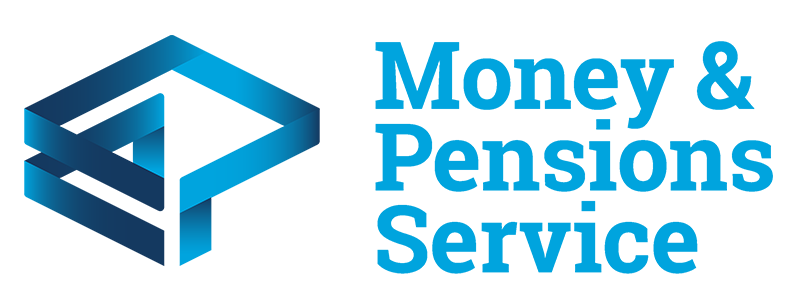The Pensions Dashboards Programme (PDP) has launched the Usability Working Group (UWG) to discuss best practise for user needs and usability for the pensions dashboards.
Its key purpose will be to ensure user input into the development of dashboards, but it will also support the creation of guidelines to help dashboard providers produce simple to use and engaging dashboards.
Speaking at the PLSA Annual Conference 2020, Money and Pensions Service (Maps) head of pensions policy and strategy, Carolyn Jones, said the combination of data standards and user needs are “absolutely imperative” to delivering successful outcomes for pensions dashboards.
“I started working on dashboards in various guises five or six years ago and it feels like it’s been a long time coming, but things are speeding up,” she added.
“We have set up two user groups with a broad range of organisations to support us on the work of data and usability.”
The UWG’s objectives are to share and build evidence on user needs, primarily through user research, to ensure that pensions dashboards remain fit for purpose; validate the information presented on the pensions dashboards to ensure it is clear and easy to understand; inform and validate the service design of pensions dashboards, including security standards and service levels; and gather input and develop a set of user experience guidelines to ensure standards and consistency between pensions dashboards.
It also aims to ensure continuous user validation and feedback to user-centred design, and enable regulators and policymakers to obtain input and feedback on areas that require new or amended regulations.
The organisations included in the UWG are the Department for Work and Pensions, the Financial Conduct Authority, Maps, Aviva, Nest, Smart Pension, Hargreaves Lansdown, Citizens Advice, Moneyed, Scottish Widows, Space, Tesco Pension and Which.
“One of the key parts of the dashboards is the identity solution, it is this that will ensure people’s data is safe and secure,” Jones continued.
“Equally, accessibility and usability are key to making sure people will use the dashboard and security isn’t a barrier.
“So we are undertaking engagement and holding a series of workshops this week and next week to help refine our requirement for the digital identity.
“Watch out for our progress report later this month, I think that is the 28 October. This will set out the future plans of the programme, a high-level timeline, and in the future we’ll be publishing results of the data input and industry research work.”
Latest News
-
OBR analysis reveals potential impact of salary sacrifice changes
-
Strong funding levels continue as endgame landscape reshaped by innovation
-
Harwich Haven Authority Pension Fund finalises £45m buy-in with Royal London
-
GAD publishes LGPS gender pension gap reporting guidance
-
DB scheme funding levels continue to improve heading into 2026
-
News in brief - 6 February 2026
Private markets – a growing presence within UK DC
Laura Blows discusses the role of private market investment within DC schemes with Aviva Director of Investments, Maiyuresh Rajah
The DB pension landscape
Pensions Age speaks to BlackRock managing director and head of its DB relationship management team, Andrew Reid, about the DB pensions landscape
Podcast: From pension pot to flexible income for life

Podcast: Who matters most in pensions?

In the latest Pensions Age podcast, Francesca Fabrizi speaks to Capita Pension Solutions global practice leader & chief revenue officer, Stuart Heatley, about who matters most in pensions and how to best meet their needs
© 2019 Perspective Publishing Privacy & Cookies










Recent Stories